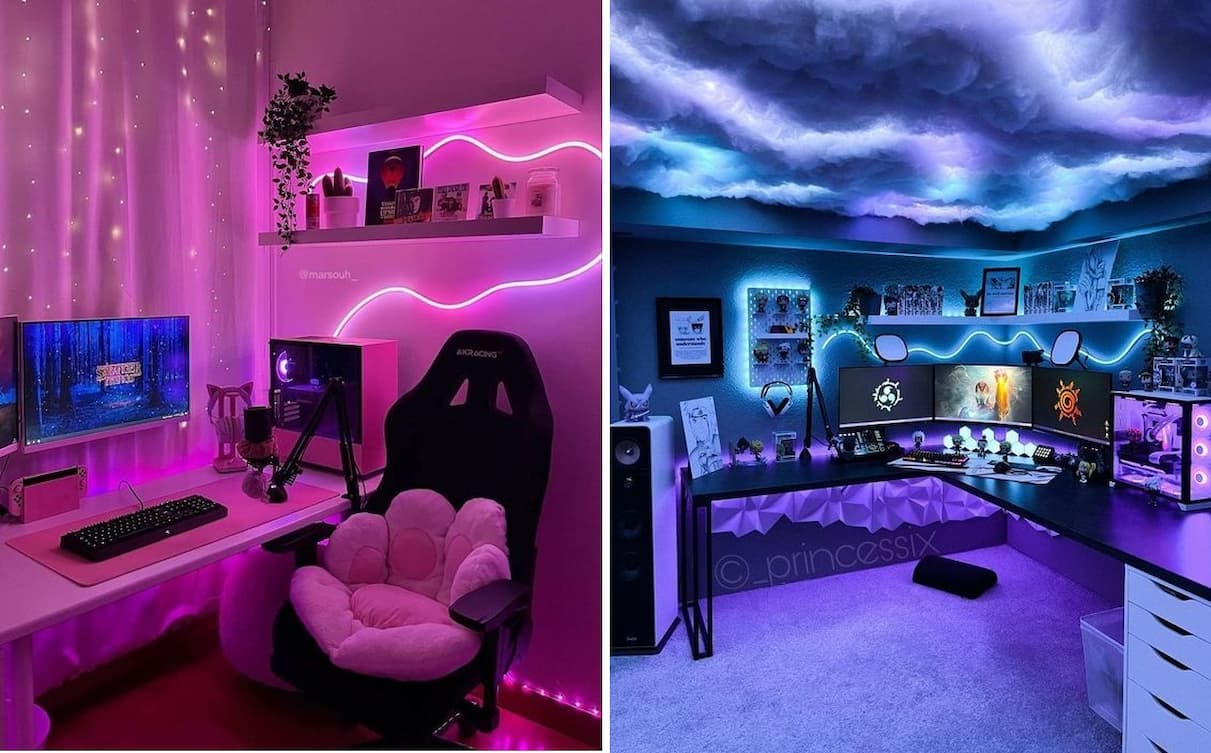Are you eager to dive into the world of retro gaming using a Raspberry Pi? With its compact size, affordability, and versatility, the Raspberry Pi has become a popular choice for retro gaming enthusiasts looking to relive the classics. But how well does it perform, and what are the legal implications? Let’s explore some common questions and considerations regarding retro gaming on Raspberry Pi.
Key Takeaways:
- Raspberry Pi offers a cost-effective and versatile platform for retro gaming emulation.
- Consider factors like RAM, compatibility, and legalities when setting up retro gaming on Raspberry Pi.
- Raspberry Pi’s capabilities make it suitable for a wide range of retro gaming experiences, but legal considerations must be kept in mind.
1. Raspberry Pi for Retro Gaming:
Raspberry Pi is indeed an excellent choice for retro gaming enthusiasts, offering a compact and affordable platform for emulation of classic consoles and arcade games. Its flexibility allows for easy setup and customization, making it a popular choice among retro gaming hobbyists.
2. Playing Retro Games on Raspberry Pi:
To play retro games on your Raspberry Pi, you’ll need to install emulation software like RetroPie or Lakka. These platforms provide a user-friendly interface and support for various emulators, allowing you to play games from systems like NES, SNES, Sega Genesis, and more.
3. RAM Requirements for RetroPie:
While 2GB of RAM is generally sufficient for running RetroPie and most retro games smoothly, having more RAM can improve overall performance and multitasking capabilities. Consider opting for a Raspberry Pi model with higher RAM if you plan to run multiple applications simultaneously or use more demanding emulators.
4. Legal Considerations:
It’s essential to be aware of the legalities surrounding emulation and ROM usage when using a Raspberry Pi for retro gaming. While emulation itself is not illegal, downloading and distributing copyrighted ROMs without permission is a violation of intellectual property rights. Ensure that you own legal copies of games or use ROMs from authorized sources to stay compliant with copyright laws.
5. 24/7 Operation:
Running a Raspberry Pi 24/7 is generally safe and feasible, but it’s essential to consider factors like power consumption, cooling, and system stability. Properly configure your Raspberry Pi for continuous operation and monitor its temperature to prevent overheating during extended use.
6. Choosing the Right Raspberry Pi Model:
The 8GB Raspberry Pi model offers increased RAM capacity, making it suitable for multitasking and running more demanding applications. However, for retro gaming purposes, lower RAM configurations like 1GB or 2GB may suffice, depending on your specific needs and preferences.
7. Storage Capacity:
Raspberry Pi models typically come with microSD card storage, with capacities ranging from 16GB to 64GB or more. For retro gaming, a 16GB microSD card is usually sufficient to store the operating system, emulation software, and a library of retro game ROMs. Consider larger storage options if you plan to store multimedia files or additional software.
8. PS2 Games on Raspberry Pi:
While Raspberry Pi is capable of emulating some retro gaming consoles, such as NES, SNES, and Sega Genesis, emulating more advanced systems like PlayStation 2 (PS2) may be challenging due to hardware limitations. PS2 emulation requires significant processing power and may not be feasible on Raspberry Pi for smooth gameplay.
9. Legal Status of Emulators:
Emulators themselves are legal software tools that allow users to run software from other platforms. However, using emulators to play copyrighted games without owning legal copies or obtaining permission from copyright holders may infringe on intellectual property rights.
10. Compatibility with Old PC Games:
While Raspberry Pi can emulate older gaming platforms, compatibility with old PC games may vary depending on the game’s requirements and the capabilities of the emulation software. Some older PC games may require more processing power or specialized emulation software to run effectively on Raspberry Pi.
In conclusion, Raspberry Pi offers a convenient and affordable platform for retro gaming enthusiasts to enjoy classic games from the past. By understanding its capabilities, considering factors like RAM, storage, and legalities, and choosing the right emulation software and ROMs, you can create a retro gaming experience that’s both enjoyable and legally compliant. So, fire up your Raspberry Pi, load up your favorite retro games, and embark on a nostalgic gaming journey from the comfort of your own home!













